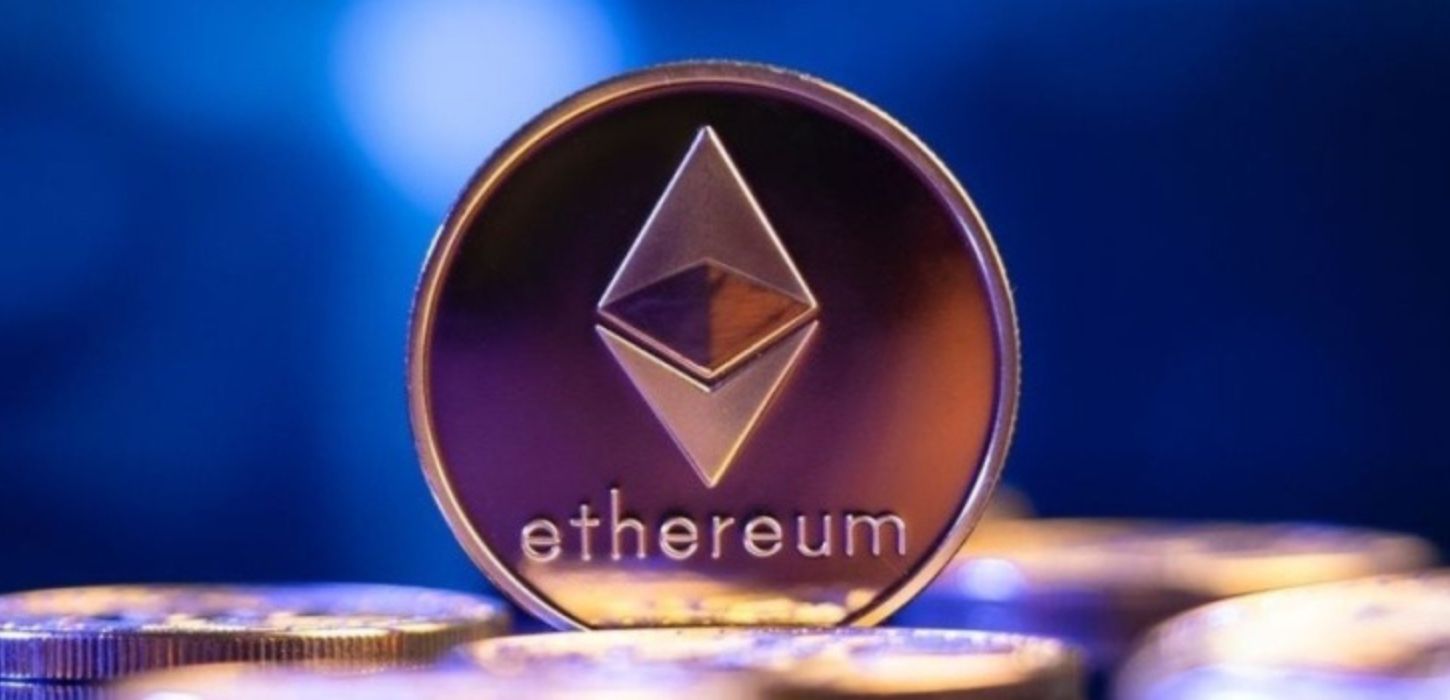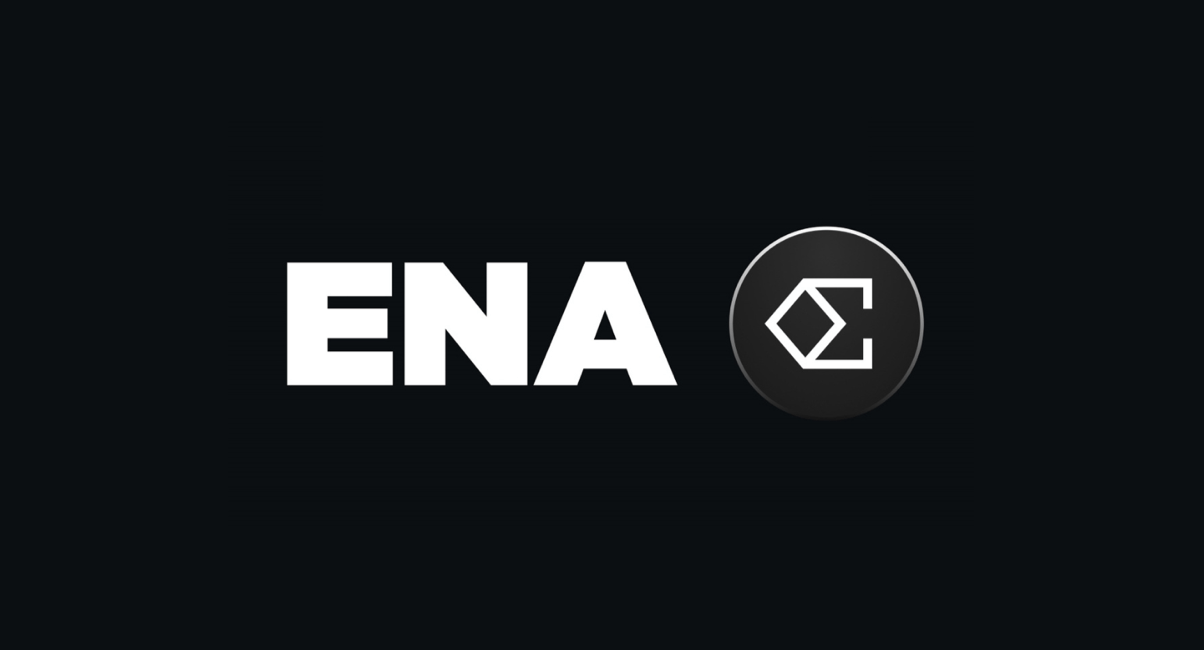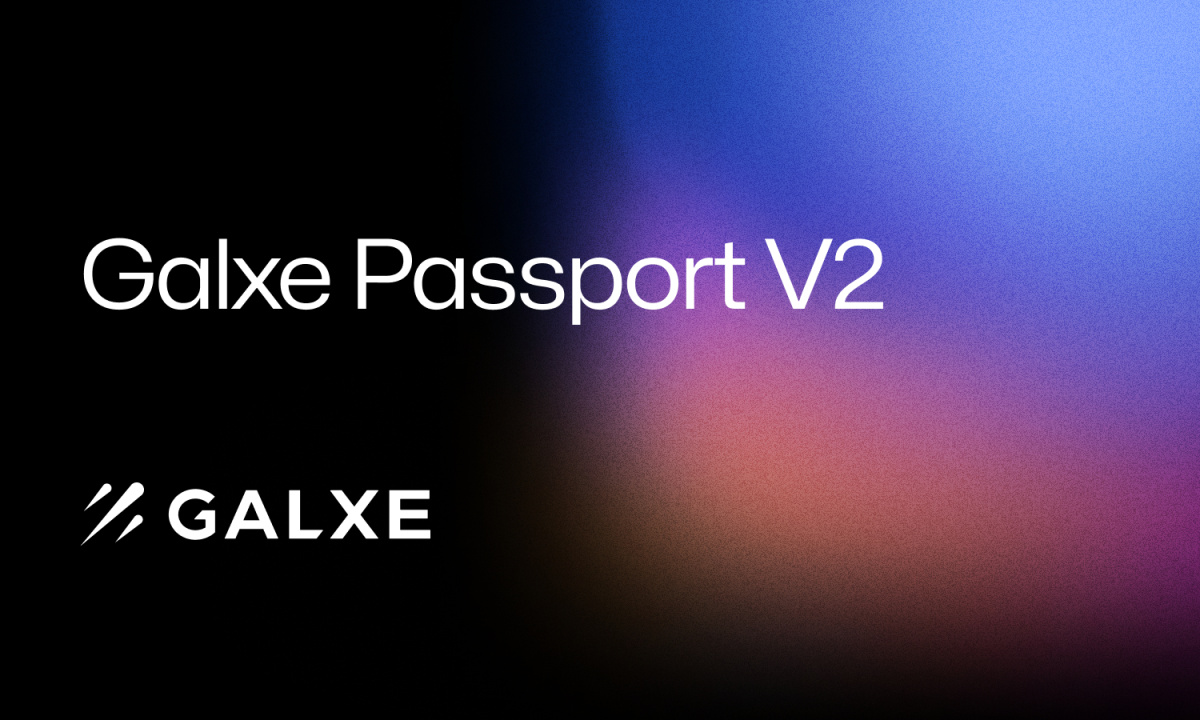Table of Contents
Visa recently completed a test that allows users to pay Ethereum (ETH) gas fees through credit and debit cards.
Global payment giant Visa has successfully completed a test for an innovative solution on the Ethereum blockchain, which will allow its users to pay on-chain gas fees using a Visa debit or credit card.
The test was revealed by Mustafa Bedawala, a Visa product manager, to address the ongoing challenge of ensuring Ether balances for covering gas fees.
We're excited to share our experimental solution on Paying Onchain Gas Fees with a Visa Card
— Mustafa (@digitalmustafa) August 10, 2023
At @Visa, we've been exploring ways to simplify blockchain transactions
Imagine paying for gas fees as easily as buying coffee with your card!
But how did we get here?
🧵👇 pic.twitter.com/uGhAde60xe
The possible solution aims to improve the interaction process with dApps on the Ethereum blockchain. Visa said the trial “helps set the stage for a more accessible and user-friendly approach to digital transactions.”
Visa said:
"To transact using a blockchain like Ethereum, consumers must maintain a balance of the blockchain’s native token (e.g., ETH) to pay fees for using the network, known as “gas.” What if sending blockchain transactions using self-custodial wallets was as straightforward for the user as using your card to pay for a cup of coffee?"
Visa Aims to Eliminate Overspending ETH
The standard Ethereum transaction requires users acquiring ETH from an exchange wanting to transfer it to their wallets to pay variable gas fees. The variable gas fees often result in users spending more ETH than necessary or having insufficient ETH.
To address these concerns, Visa’s solution uses Ethereum’s ERC-4337 standards and the “Paymaster” smart contract allowing off-chain gas fee payments. Users trigger an Ethereum transaction through their wallets which is then sent to the paymaster. Paymaster calculates the gas fee and charges Visa through a service called Cybersource.
A digital signature is produced and validated for a limited time, then attached by the wallet before sending it to the blockchain. The signature is verified, and Paymaster settles the gas fees. Visa’s innovative solution thereby allows users to pay gas fees off-chain with their Visa card and eliminates the need for users to hold ETH to pay for gas fees.
Visa explained that:
“The intricacies and complexities of blockchain-based transactions have been a significant stumbling block for many users, creating a challenging learning curve and increasing user friction.”
Visa’s research team added that the solution offers a “promising approach to substantially addressing these challenges.”
Disclaimer: This article is provided for informational purposes only. It is not offered or intended to be used as legal, tax, investment, financial, or other advice.
Investment Disclaimer










